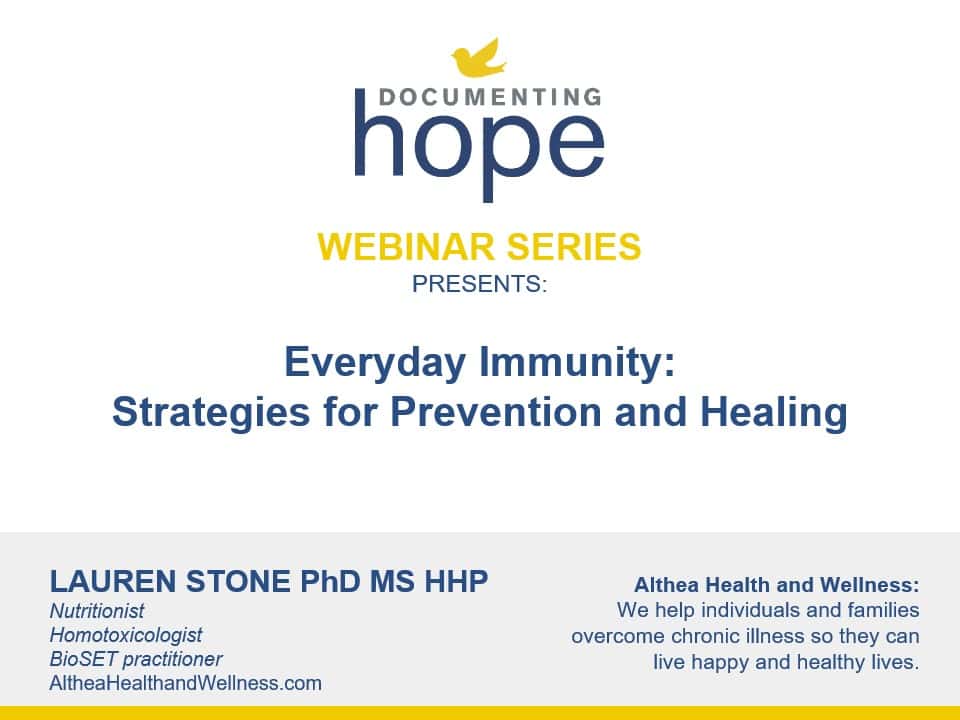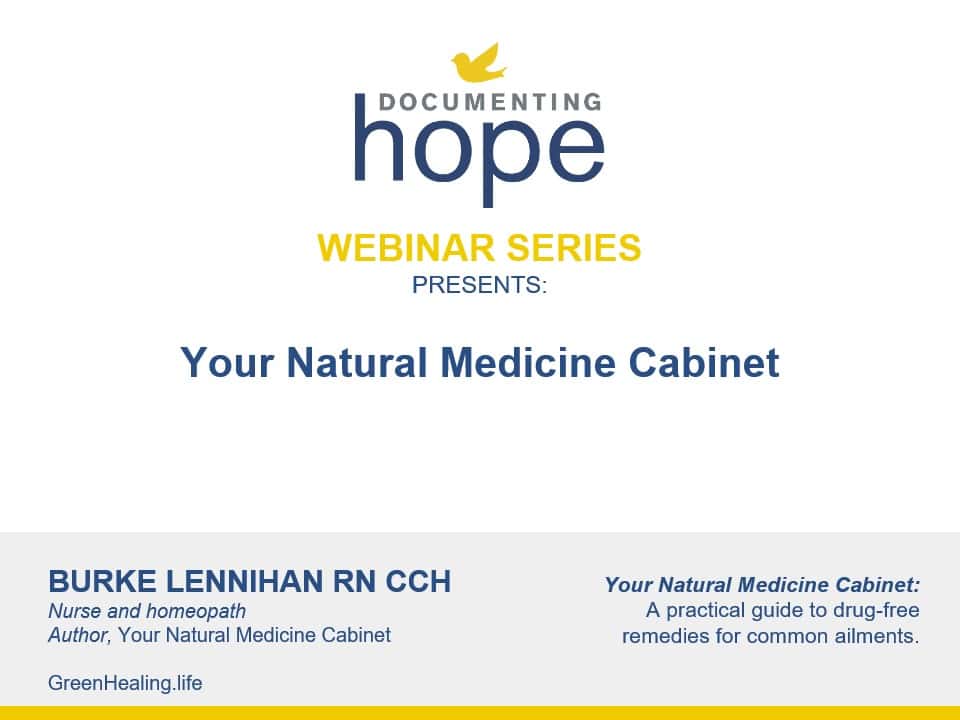What Is Naturopathic Medicine?
Naturopathic medicine is a unique and holistic approach to healthcare that blends the rigors of scientific research with the art and wisdom of natural healing. At its core, naturopathic medicine is about treating the whole person—mind, body, and spirit—using gentle, low-risk interventions rooted in both traditional methods and contemporary science.
Naturopathic medicine can be viewed as a philosophy, a science, and a practical application of healing. While it may seem complex, at its heart it is also deeply intuitive. Naturopathic doctors (NDs) focus on prevention, lifestyle modifications, and empowering patients to achieve optimal wellness—not merely the absence of disease, but the thriving of the whole person.
Naturopathic medical care is distinct in its emphasis on using natural therapies and focusing on the body’s innate ability to heal. Naturopaths are trained as both healthcare providers and teachers, equipping patients with the knowledge and skills they need to take charge of their own health. Rather than relying solely on high-tech or invasive treatments, naturopathic medicine prioritizes non-invasive, effective, and supportive therapies whenever possible.
What Are the Principles of Naturopathic Medicine?
Naturopathic medicine is founded upon six guiding principles. Each of these principles plays an essential role in shaping how NDs work with patients and approach healing:
First, Do No Harm (Primum Non Nocere)
The primary rule of naturopathic medicine is to use the least force necessary to diagnose and treat. NDs select the gentlest therapy that will be effective, reserving more intensive or invasive measures as a last resort. This means whenever there is a safe, low-risk intervention—such as dietary or lifestyle changes—NDs will choose this as their starting point.
The Healing Power of Nature (Vis Medicatrix Naturae)
Naturopathic medicine is grounded in the belief that nature—and the human body itself—has an inherent ability to heal. When given the right environment and support, our bodies will naturally strive for balance or “homeostasis.” NDs aim to remove obstacles to healing and provide each individual with the tools and resources needed for their body’s innate healing capacities to flourish.
Identify and Treat the Cause (Tolle Causam)
Rather than focusing only on alleviating symptoms, NDs dig deeper to identify the root causes of illness. For example, a headache can be triggered by dehydration, stress, hormonal imbalance, or even a more serious concern like a stroke. Naturopathic doctors take the time to understand the unique circumstances of each patient and provide individualized treatments that address the real source of illness.
Doctor as Teacher (Docere)
The Latin root of “doctor” is “docere”—to teach. Naturopaths are not just healers, but educators. They spend time teaching patients about the factors that influence their health, including stress management, nutrition, lifestyle habits, and preventive measures. Through education, patients are empowered to make informed decisions and take active roles in their health journeys.
Treat the Whole Person (Tolle Totum)
Naturopathic medicine recognizes that health is influenced by a complex web of factors—physical, mental, emotional, genetic, social, spiritual, and environmental. Naturopaths take into account all aspects of a patient’s life, looking beyond a patient’s presenting symptoms to understand how issues like relationships, sleep, exercise, nutrition, and stress contribute to overall health.
Prevention
Prevention is at the very heart of naturopathic medical care. Naturopaths believe that it is not enough to address chronic health conditions only when they arise; instead, they strive to prevent illness before it begins. By educating and empowering patients to adopt healthy habits and avoid risk factors, NDs aim to minimize the incidence, progression, and severity of chronic health conditions.
What Are Some of the Root Causes of Chronic Health Conditions That Naturopathic Medicine Addresses?
A central tenet of naturopathic medicine is that chronic conditions rarely have a single cause. Instead, they typically result from a constellation of issues—some obvious, others hidden beneath the surface. NDs are trained to explore and uncover these root causes rather than simply managing symptoms.
Lifestyle Factors
Poor dietary habits, lack of exercise, poor sleep, chronic stress, and unhealthy habits are major contributors to many chronic illnesses. By understanding a patient’s daily routines, naturopaths can identify habits that may be undermining their health and offer personalized recommendations for improvement.
Emotional and Psychosocial Factors
Mental and emotional wellbeing is closely tied to physical health. Chronic stress, unresolved trauma, anxiety, and challenging relationships can all contribute to the development and progression of illness. NDs explore these areas with their patients and offer holistic strategies—including counseling and stress reduction techniques—to support overall wellness.
Environmental Exposures
Pollutants, allergens, and toxins in our environment can act as triggers for chronic illness. NDs consider a patient’s home, work, and community environments, searching for factors that may contribute to ill health and offering recommendations for minimizing exposure and supporting detoxification.
Genetic and Constitutional Factors
Each person is unique, and genetic predispositions play a role in susceptibility to certain diseases. NDs keep this in mind while customizing treatment plans that account for family history, constitution, and resilience.
Physiological Imbalances
Underlying physiological imbalances—such as hormonal imbalances, gut dysbiosis, digestive issues, immune dysregulation, or chronic inflammation—are carefully investigated. Naturopaths use a whole-person approach to explore how various system imbalances might be contributing to persistent symptoms or illness.
Nutritional Deficiencies
Even subtle deficiencies in vitamins, minerals, and other nutrients can have profound effects on health. Naturopaths are skilled at detecting and addressing these deficiencies, often using targeted nutrition, supplementation, and education.
What Are Some of the Healing Modalities Used in Naturopathic Medicine?
Naturopathic doctors are uniquely trained to integrate a wide spectrum of therapeutic modalities. This allows them to tailor treatments to each patient’s needs, preferences, and medical conditions. Some of the main healing modalities used in naturopathic medicine include:
Nutrition and Nutritional Counseling
Food is considered foundational medicine in naturopathic practice. NDs assess patients’ nutritional status and dietary habits, making evidence-based recommendations to optimize intake of essential nutrients, address deficiencies, support healing, and prevent disease.
Herbal Medicine (Botanical Medicine)
Herbal remedies have been used for thousands of years and are a key part of many naturopathic treatment plans. NDs are trained in the safe and effective use of medicinal plants to support health, manage symptoms, and restore balance to the body.
Lifestyle Counseling
In keeping with their role as teachers, NDs spend time addressing lifestyle habits—sleep quality, exercise routines, stress reduction, social connections, and more. They provide practical strategies and support to help patients implement healthier choices in daily life.
Homeopathy
Many naturopaths use homeopathy, a system of medicine based on the principle of “like cures like,” which involves using highly diluted substances to stimulate the body’s healing processes. Many patients report benefit, and homeopathy remains a safe, gentle option for underlying imbalances.
Mind-Body Medicine
Recognizing the interconnectedness of mind and body, NDs may incorporate counseling, meditation, mindfulness practices, and relaxation techniques into their care plans to support emotional and mental health alongside physical wellbeing.
What Are Benefits of Naturopathic Medicine?
Naturopathic medicine offers a range of benefits, many of which stem from its holistic, individualized, and proactive approach to care:
Whole-Person Care
Naturopaths look beyond symptoms to understand and treat the patient as a complete person. This holistic approach fosters deeper healing and a greater sense of wellbeing.
Focus on Prevention
Prevention is more effective—and cost-effective—than treating illness after it arises. By emphasizing prevention, NDs help patients reduce their risk of chronic disease, complications, and the need for more aggressive interventions.
Patient Empowerment
Education is at the heart of naturopathic care. Armed with knowledge and practical tools, patients are empowered to make informed decisions, become active partners in their wellbeing, and achieve better health outcomes.
Personalized Treatment
No two patients are alike, and naturopathic medicine reflects this reality. NDs tailor each treatment plan to the needs, preferences, and life circumstances of the individual.
Safe and Gentle Therapies
By using the least invasive and most natural therapies appropriate, naturopaths minimize the risk of side effects while maximizing the body’s own healing potential.
Integration with Conventional Medicine
Naturopathic doctors are trained to work collaboratively with other healthcare providers and can complement, enhance, or safely integrate with conventional treatments.
Chronic Disease Management
Naturopaths are particularly well-suited to help patients with chronic, complex, or unexplained health issues. By searching for root causes and addressing multiple factors simultaneously, they often succeed where single-approach medicine may fall short.
Improved Quality of Life
Whether patients want to maintain wellness, prevent disease, or address long-standing health issues, naturopathic medicine can improve energy, vitality, resilience, and overall quality of life.
In Conclusion
In summary, naturopathic medicine merges the wisdom of nature with the rigor of science to provide gentle, effective, and individualized care. With a commitment to prevention, education, and treating the whole person, naturopathic doctors support patients in achieving vibrant health.
About Maria Rickert Hong CHHC
Maria Rickert Hong is a Co-Founder of, and the Education and Media Director for, Documenting Hope.
She is a former sell-side Wall Street equity research analyst who covered the oil services sector at Salomon Smith Barney and Lehman Brothers under Institutional Investor #1 ranked analysts.
Later, she covered the gaming, lodging & leisure sector at Jefferies & Co. and Calyon Securities. She quit working on Wall Street when her first son was born.

Prior to working on Wall Street, she was a marketing specialist for Halliburton in New Orleans, where she also received her MBA in Finance & Strategy from Tulane University.
She is the author of the bestselling book Almost Autism: Recovering Children from Sensory Processing Disorder and the co-author of Brain Under Attack: A Resource for Parents and Caregivers of Children with PANS, PANDAS, and Autoimmune Encephalitis. She is a co-author of Reversal of Autism Symptoms among Dizygotic Twins through a Personalized Lifestyle and Environmental Modification Approach: A Case Report and Review of the Literature, J. Pers. Med. 2024, 14(6), 641.
Maria is also a Certified Holistic Health Counselor. Her work can be found on DocumentingHope.com, Healing.DocumentingHope.com, Conference.DocumentingHope.com and MariaRickertHong.com
Still Looking for Answers?
Visit the Documenting Hope Practitioner Directory to find a practitioner near you.
Join us inside our online membership community for parents, Healing Together, where you’ll find even more healing resources, expert guidance, and a community to support you every step of your child’s healing journey.







